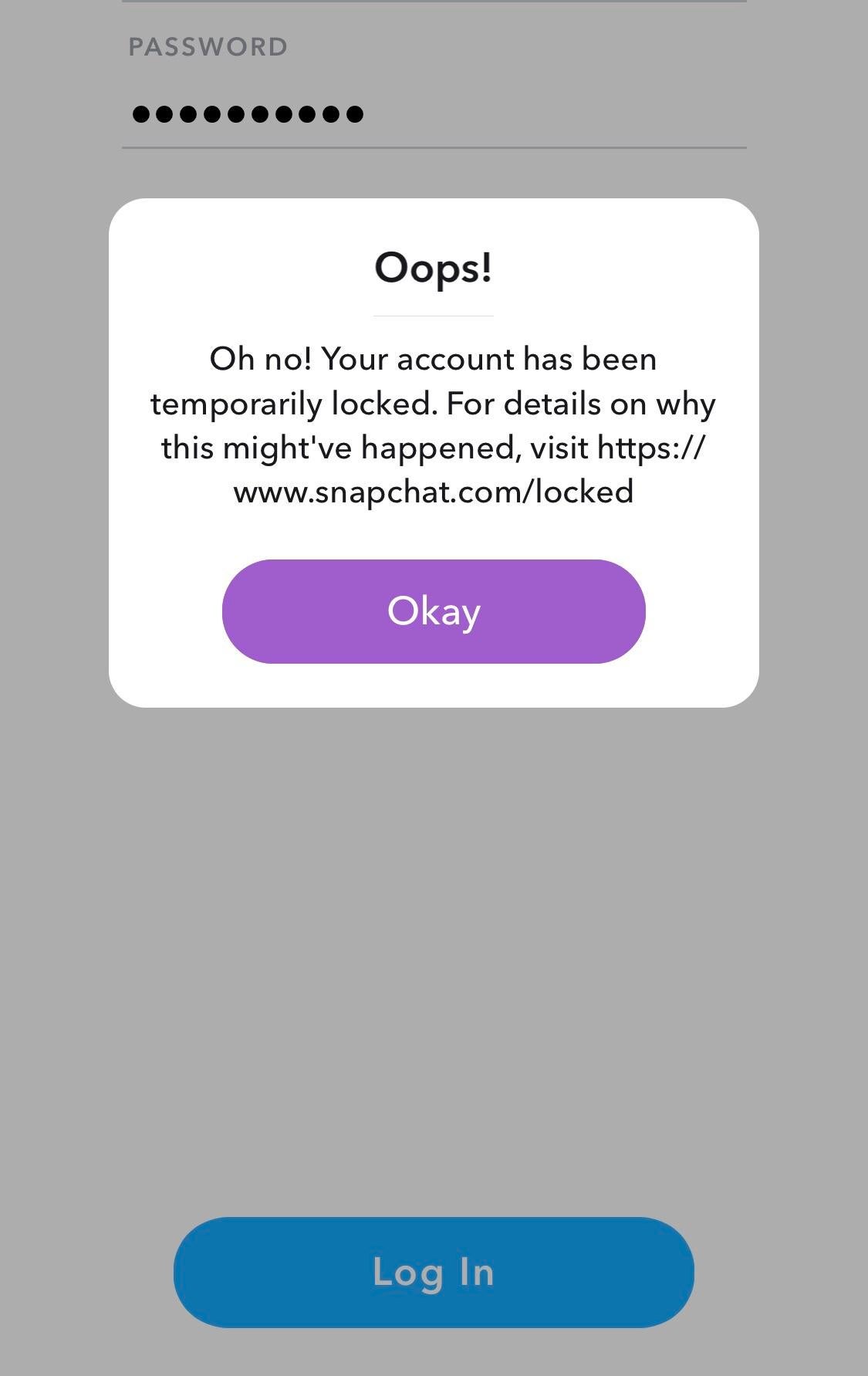In recent times, the social media app Snapchat has found itself embroiled in controversy, leading to its ban in several regions around the world. This has left many users puzzled and seeking answers regarding the reasons behind such drastic measures. Snapchat, a platform known for its ephemeral content and innovative features, has long been a favorite among millennials and Gen Z. However, the decision to ban Snapchat in certain areas has raised questions about the app’s compliance with local regulations and its impact on society.
The ban on Snapchat has sparked a heated debate among users and experts alike. While some argue that the app poses privacy and security risks, others believe that the platform is being unfairly targeted. The controversy surrounding Snapchat’s ban highlights the challenges faced by social media platforms in navigating the complex landscape of global regulations. As governments around the world grapple with issues such as data privacy, misinformation, and online safety, Snapchat’s ban serves as a case study in the ongoing struggle to balance innovation with responsibility.
For Snapchat users, the ban has created a sense of uncertainty and frustration. Many are left wondering how they will stay connected with friends and family, and whether the ban will have a lasting impact on their social media habits. As the situation unfolds, it is crucial for Snapchat to address the concerns of both users and regulators in order to regain trust and ensure the platform’s continued success.
What Led to Snapchat’s Ban?
Several factors contributed to the decision to ban Snapchat in certain regions. One of the primary reasons cited by authorities is the app’s alleged failure to comply with local data protection laws. In an era where data privacy is of utmost concern, Snapchat’s handling of user information has come under scrutiny. Additionally, the platform’s potential to spread misinformation and harmful content has raised alarm bells among regulators.
How Did Users React to the Ban?
The ban on Snapchat has elicited a range of reactions from users. While some have expressed outrage and disappointment, others have taken the opportunity to explore alternative social media platforms. Many users have turned to virtual private networks (VPNs) in an attempt to bypass the ban and continue using Snapchat. However, this workaround poses its own set of challenges and risks.
What Does the Ban Mean for Snapchat’s Future?
The ban on Snapchat in certain regions presents a significant challenge for the platform’s growth and expansion. As Snapchat navigates these turbulent waters, it must prioritize compliance with local regulations and address the concerns of its user base. Failure to do so could result in further restrictions and damage to the platform’s reputation.
Is Snapchat Taking Steps to Address the Issues?
In response to the ban, Snapchat has pledged to work closely with regulators to address their concerns. The company has announced plans to enhance its data protection measures and implement stricter content moderation policies. These efforts are aimed at ensuring that Snapchat remains a safe and secure platform for users worldwide.
What Alternatives Are Available for Snapchat Users?
For those affected by the ban, there are several alternative social media platforms that offer similar features to Snapchat. Some popular options include:
- Instagram: Known for its Stories feature, Instagram offers a similar experience to Snapchat with photo and video sharing capabilities.
- TikTok: A platform for creating and sharing short videos, TikTok has gained immense popularity among younger audiences.
- WhatsApp: With its status feature, WhatsApp allows users to share updates with their contacts, similar to Snapchat’s Stories.
How Can Users Protect Their Data on Social Media?
In light of Snapchat’s ban and ongoing concerns about data privacy, users should take proactive steps to protect their information on social media platforms. Some tips for safeguarding personal data include:
- Review privacy settings and adjust them according to your preferences.
- Be cautious about the information you share online.
- Use strong, unique passwords for each account.
- Enable two-factor authentication for added security.
Conclusion: Navigating the Snapchat Ban
The ban on Snapchat in certain regions is a reminder of the complex interplay between social media platforms and regulatory bodies. As Snapchat works to address these challenges, users must also adapt to the changing landscape of digital communication. By staying informed and taking steps to protect their data, users can continue to enjoy the benefits of social media while minimizing potential risks.

![[Help] [Question] I’m permanently locked/ device banned on snapchat](https://i2.wp.com/i.redd.it/ffqvbrqznou91.jpg)


